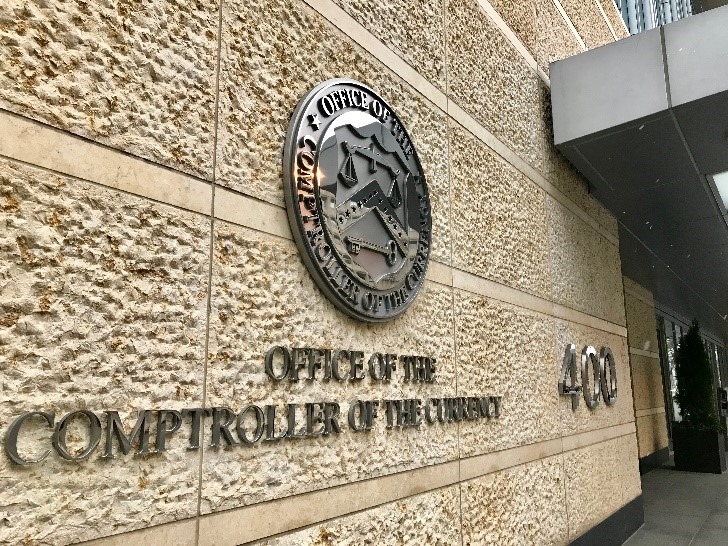OCC going alone with CRA rulemaking is cruel and inappropriate

While it’s shocking that the Office of the Comptroller of the Currency (OCC) finalized its Community Reinvestment Act (CRA) rule on its own, it’s unfortunately not surprising. The current administration has ruthlessly rolled back environmental protections, banking regulations, and consumer protections.
CRA is a civil rights law created as a direct response to redlining—the practice whereby banks discriminate against people of color and other minorities by denying them loans. The hope of CRA is to create equal opportunity for people of all races to access fair credit. It is a critical tool to ensure that all banks meet their duty to address the local credit needs of the communities they serve. After all, those are our deposit dollars that banks are loaning out.
It is wildly inappropriate for the OCC to forge ahead with this much-contested rulemaking, considering these three realities:
- It’s an affront to the public comment process.
The OCC itself admits that they decided to move forward with their proposed framework because of the “minority of commenters who expressed support.” This despite overwhelming negative feedback from consumer advocates, government agencies, and banks themselves, who painstakingly combed through the proposal to understand how it will, or in this case, will not, help undercapitalized communities. - There’s misalignment among banks and regulators alike.
Banks across the US, including the largest banking trade association, the American Bankers Association, urged the OCC to undergo a deeper analysis of its proposal before finalizing the rule. Banks are asking for more transparency and guidance to understand how the rule change—effective a mere five months from now—will affect what activities are eligible and how they will be evaluated. The other federal bank regulators, the Federal Deposit Insurance Corporation (FDIC) and the Federal Reserve, have not signed on, leaving banks in chaos as the OCC jumps ahead with the rule. - The outcome is excessively cruel, especially now.
Rushing a rule that will cause less investment in underserved areas across the US is cruel, especially now. During this public health crisis, community banks like ours are committed to supporting customers facing hardship. The OCC should not be using the pandemic as an opportunity to rollback laws like CRA that bring fairness and stability to our banking system. Instead, they should focus on guidance around pandemic recovery programs, as banks quickly adapt to meet their customers’ needs, and with strong guardrails, as financial abuses rise during crises.
The good news is the fact that the FDIC did not move with the OCC means there is no consensus on the claim that this ruling will increase investments in undercapitalized communities. The OCC’s rulemaking also won’t affect all banks and will only apply to national banks (although those banks represent a substantial percentage of US bank deposits).
Recently, a Trump appointee compared efforts to save our planet (by stopping bank finance of oil and gas drilling in the Arctic) to redlining. This represents a blatant and profound lack of savvy when it comes to addressing the racial and economic disparities our country faces. Clearly, this administration is woefully ill-equipped to “modernize” CRA because it doesn’t understand the difference between denying people homeownership based on race and simply mandating banks to recognize their role in contributing to climate change. The two are just not the same. Conflating these issues is unacceptable.
Let’s hope future efforts adhere to the original intent of the Community Reinvestment Act (CRA)—to end racial discrimination in bank’s lending practices, and create equal opportunity for Black communities, Brown communities, and all communities of color to access fair loans, and with them a fair chance to build wealth.
We’ll be sharing more on the finalized rule as we dig into it.
Emma is Beneficial State Foundation’s Policy Advocacy and Field Building Director based in Oakland, CA.
This blog post reflects the author’s personal views and opinions, and does not represent the views and opinions of Beneficial State Bank and/or Beneficial State Foundation.

